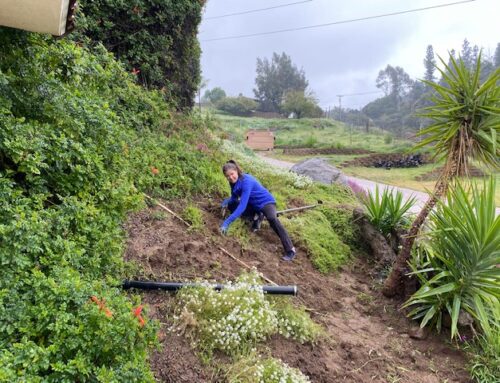When I’m considering a concept like healthy sexuality, I like to think of the end product.
So if you produce children who have a healthy concept of sexuality, what will they be like in their teens, in their 20’s, and in their adult years? I’d like my children to have confidence in who they are, I’d like them to be safe and be able to protect themselves sexually. I’d like them to be able to manage their sexual urges and make wise decisions with their sexuality. I’d like them to have rewarding sexual experiences in life, being able to participate in a reciprocal sexual relationship within a loving and committed partnership, knowing what feels good and what doesn’t, and to have the confidence to get their sexual needs met.
Where would you like your children to end up?
To achieve these goals I think our children need to have a strong self-esteem, effective communication skills, comfort with their own bodies. I’d venture to say that a healthy sexuality entails understanding your values, being able to regulate yourself, being comfortable with vulnerability and intimacy. I think we’d all agree, that healthy sexuality goes way beyond the sexual act itself. Sex is more than just sex, it’s more than an orgasm. It’s couched in a relationship with self and with other.
I spoke with a mum recently who was worried that her children would grow into promiscuous teens. We talked about her fears, and ways she could work on their resiliency. Do they have good relationships with men and women? Are they starved for affection, do they struggle with their self-esteem, are they looking for attention and do they struggle to regulate themselves? I believe that if your child has experienced joy and excitement in life in healthy settings, then they are more likely to be able to regulate this emotion in the teenage years. They are less likely to seek this out in unhealthy ways.
I love this American concept of the daddy-daughter dance. To give young girls the experience of having fun and feeling treasured within a healthy relationship, goes far in building their self-worth. It gives them a template of feeling loved and of being treated with respect. Of course not all girls have fathers, but I’ve seen young girls and women go to these events with an older brother, with a grandfather, with a friend of the family.
The concept of regulation is so important, to teach children how to say no, to manage their desires, to manage down time and quiet time. My children are addicted to their Ipads, and so this becomes a natural environment in which to teach them regulation skills. We expect our children to develop an internal monitor to tell them when it’s time to take a break. As they were 3 – 5 years old, we’d do the monitoring for them. But now that they are 5, 7 and 9 years old, they can put on a timer and stop themselves when they’ve hit their time limit. We talk with them a lot about regulating themselves, and reward them when they remember to do it for themselves.
Being comfortable spending time alone is something else that I want to work with them on. I recently decided I would give them an hour on weekends to play by themselves. I think that it’s important to know how to be with others, but also how to be comfortable within yourself and to enjoy spending time alone, to develop comfort with silence.
Some of the greatest joy I feel as a parent, is when I see my children being free and spontaneous. Seeing my 7 year old today, dancing and singing at the top of her lungs without any shame, brought a smile to my face. I found myself thinking, if she can feel this good and this free on a regular Saturday afternoon, then perhaps she won’t believe that she needs drugs or to be promiscuous one day, in order to feel good and to lose herself in a false sense of freedom.




